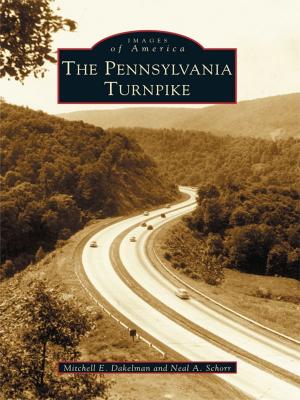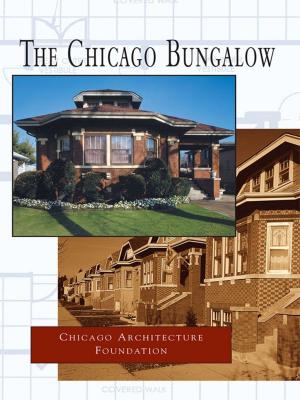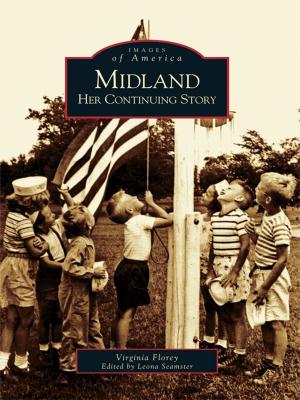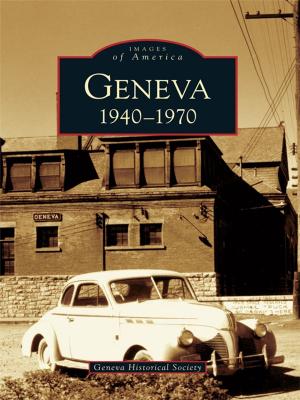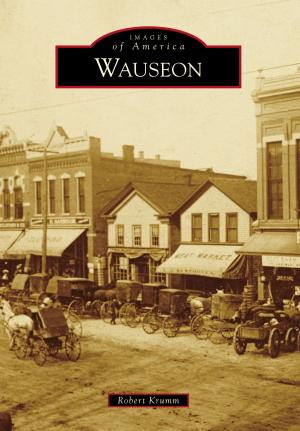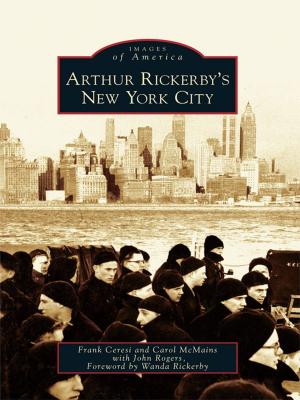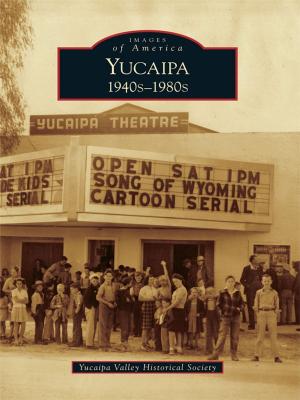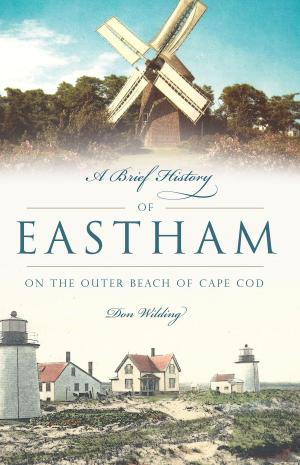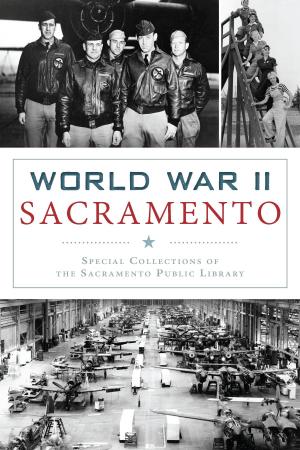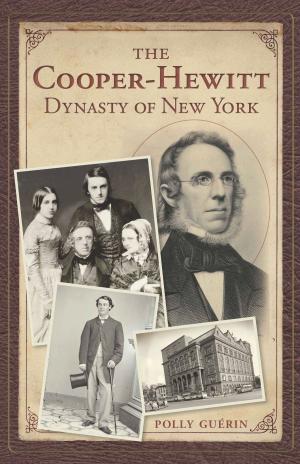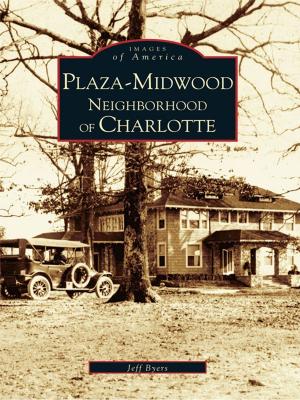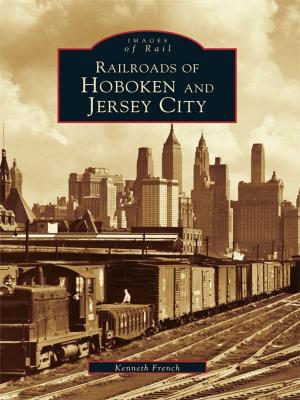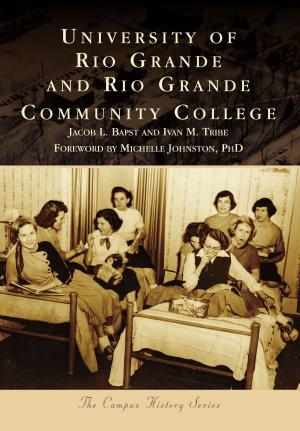Baltimore's Deaf Heritage
Nonfiction, Health & Well Being, Medical, Specialties, Internal Medicine, Audiology & Speech Pathology, Art & Architecture, Photography, Pictorials, Travel, History| Author: | Kathleen Brockway | ISBN: | 9781439645598 |
| Publisher: | Arcadia Publishing Inc. | Publication: | June 9, 2014 |
| Imprint: | Arcadia Publishing | Language: | English |
| Author: | Kathleen Brockway |
| ISBN: | 9781439645598 |
| Publisher: | Arcadia Publishing Inc. |
| Publication: | June 9, 2014 |
| Imprint: | Arcadia Publishing |
| Language: | English |
The booming job market and beautifully designed city of Baltimore attracted many families and individuals to the area in the 19th century. Several of these transplants would become prominent figures in the Deaf community. George W. Veditz, an early American Sign Language filmmaker and former president of the National Association of the Deaf; Rev. Daniel E. Moylan, founder of the oldest operational Methodist church for the deaf; and George Michael �Dummy� Leitner, a professional baseball player, all influenced Baltimore�s growing deaf population. Through vintage photographs of successful organizations and sports teams, including the Silent Oriole Club, Christ Church of the Deaf, the Jewish Deaf Society of Baltimore, the Silent Clover Society, and the National Fraternal Society for the Deaf, Baltimore�s Deaf Heritage illustrates the evolution of Baltimore�s Deaf community and its prominent leaders.
The booming job market and beautifully designed city of Baltimore attracted many families and individuals to the area in the 19th century. Several of these transplants would become prominent figures in the Deaf community. George W. Veditz, an early American Sign Language filmmaker and former president of the National Association of the Deaf; Rev. Daniel E. Moylan, founder of the oldest operational Methodist church for the deaf; and George Michael �Dummy� Leitner, a professional baseball player, all influenced Baltimore�s growing deaf population. Through vintage photographs of successful organizations and sports teams, including the Silent Oriole Club, Christ Church of the Deaf, the Jewish Deaf Society of Baltimore, the Silent Clover Society, and the National Fraternal Society for the Deaf, Baltimore�s Deaf Heritage illustrates the evolution of Baltimore�s Deaf community and its prominent leaders.

